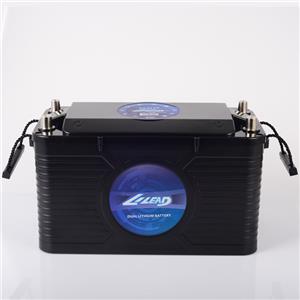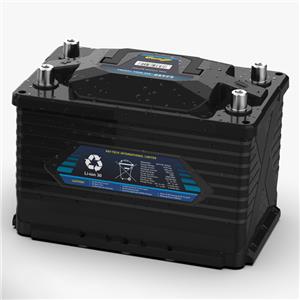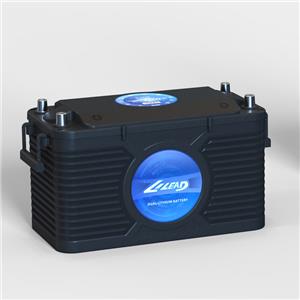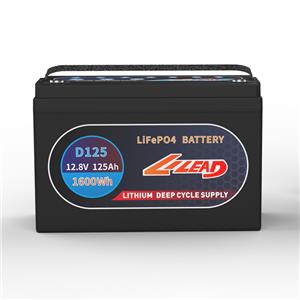A case study of lithium batteries used in sailboats

In December 2022, German company SubCtech launched its new lithium-ion battery submarine energy storage system, which can be anchored on the seabed under the control of ships and remote-controlled submersibles, providing power for offshore oil and gas extraction. The system consists of 12 lithium-ion battery modules with a total capacity of up to 1 megawatt hour. It is also equipped with an "intelligent BMS management center" to monitor the overall status of the system and provide external component interfaces.
In 2020, OXIS successfully tested its 471 watt hour/kg lithium-sulfur battery prototype and plans to continue developing 500 watt hour/kg lithium-sulfur batteries. Lithium sulfur batteries are a new type of energy storage system that uses sulfur or sulfur based composite materials as the positive electrode and lithium as the negative electrode. Compared with traditional lithium-ion batteries, they have advantages such as high theoretical capacity, good safety, low storage cost, environmental friendliness, and low price of sulfur positive electrodes.
In February 2020, the bioethanol reforming hydrogen fuel cell system of the Spanish Navy S80 submarine
passed final testing, and the first sea trial was completed in May 2022. Bioethanol is converted into high-purity hydrogen gas through a reforming chamber and a carbon monoxide preferential oxidation (COPROX) reaction chamber, providing power for fuel cells. The remaining carbon dioxide is mixed with seawater through a jet Venturi scrubber and dissolved in seawater through the SECO2 system, achieving high stealth performance.




